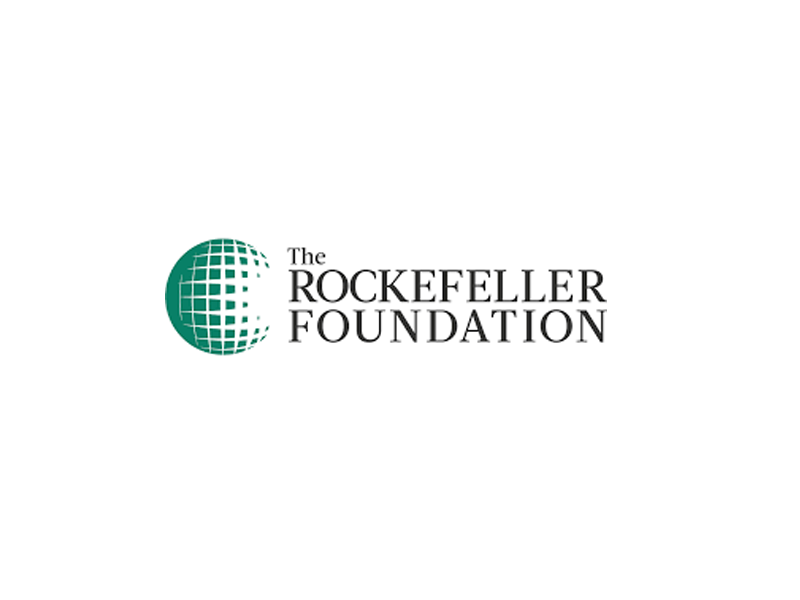The Rockefeller Foundation has officially announced a $3.5 million grant, which will be directed towards expanding and strengthening Food is Medicine (FIM) programs across the United States.
According to certain reports, the whole effort will be conducted in close collaboration with 4P Foods, Adelante Mujeres, Alameda County Recipe4Health, Community Servings, Harvard University’s Center for Health Law and Policy Innovation, Hawaii Good Food Alliance, and Tufts University’s Friedman School of Nutrition Science and Policy.
More on the same would reveal that, arriving as a part of Rockefeller Foundation’s $100 million FIM commitment, these newly-granted funds will be used to advance research, and therefore, support, both small and mid-scale U.S. farmers in improving health outcomes for people suffering from chronic diseases. They will further deployed to mitigate rising health care costs across communities in California, Hawaii, Maryland, Massachusetts, Mississippi, North Carolina, Oregon, Rhode Island, Virginia, and Washington, D.C.
The grant will also take state-based efforts across nationwide to include FIM interventions as a medically covered benefit under Medicaid programs.
All in all, thanks to this support from the Rockefeller Foundation, the stated partners will demonstrate best practices, innovate new approaches to linking regional producers with health care food delivery, and conduct assessments that evaluate the economic and environmental impact of these programs,
“I have seen firsthand how some of The Rockefeller Foundation’s partners are growing and distributing nutritious food for produce prescriptions and medically tailored meals to support health outcomes for patients with chronic diseases,” said Elizabeth Yee, Executive Vice President of Programs at The Rockefeller Foundation. “By sourcing food locally, these Food is Medicine programs are improving health outcomes.”
Talk about how some of the partners are likely to deploy the grant, 4P Food will use it, for instance, to aggregate and distribute sustainably grown food from regional farmers in healthy food boxes, boxes that are sent to families enrolled in produce prescription and nutrition assistance programs. It will also support evaluation and learning on the economic and environmental impacts for participating farms across Maryland, North Carolina, Virginia, and Washington, D.C.
Next up, we have Harvard University’s Center for Health Law and Policy Innovation (CHLPI). CHLPI’s plans with the grant involve providing technical assistance for state-based efforts to include FIM interventions as a medically covered benefit under Medicaid programs nationwide, while simultaneously supporting for states’ efforts to prioritize local food purchasing.
Then, there is Adelante Mujeres, an organization which now hopes to expand and evaluate the effectiveness of community-based FIM programs in Latine communities across Oregon, including sourcing food from local communities.
Moving on to Alameda County Recipe4Health, it is going to evaluate the environmental, economic, and health impacts of integrating locally sourced food into its Recipe4Health Produce Prescription program. The said program integrates food-based interventions into health care settings to treat, prevent, and reverse chronic conditions across northern California county. You see, the area home to more than 1.5 million people from urban centers, such as Oakland and Berkeley
“Where does the food for Food as Medicine come from? How is it grown? Answering these central questions can unlock the next level of impact for the Food as Medicine movement. With The Rockefeller Foundation’s generous support, Recipe4Health will develop a ‘Health-Cubed, Equity’ (H3E) impact framework to measure co-benefits to human, economic, and climate/soil health,” said Dr. Steven Chen, Founder and Chief Medical Officer of Alameda County Recipe4Health.
Alongside that, we have Community Servings. This particular organization will expand and evaluate the effectiveness of Medically-Tailored Meal (MTM) programs and Medically-Tailored Grocery programs, which serve people with chronic illnesses in Massachusetts and Rhode Island, to integrate locally and sustainably-sourced food.
Tufts University’s Friedman School of Nutrition Science and Policy, on its part, will facilitate the analysis of economic, livelihood, and environmental needs and impacts for farmers participating in the Delta GREENS Produce Prescription program. The stated program basically aims to improve health outcomes via FIM interventions throughout the Mississippi Delta.
On the other hand, Hawaii Good Food Alliance will evaluate and expand its produce prescription initiative statewide. This initiative aggregates regional, sustainable, and indigenous foods through the Hawaii Food Hub Hui’s network of farmers for delivery to FIM patients.







